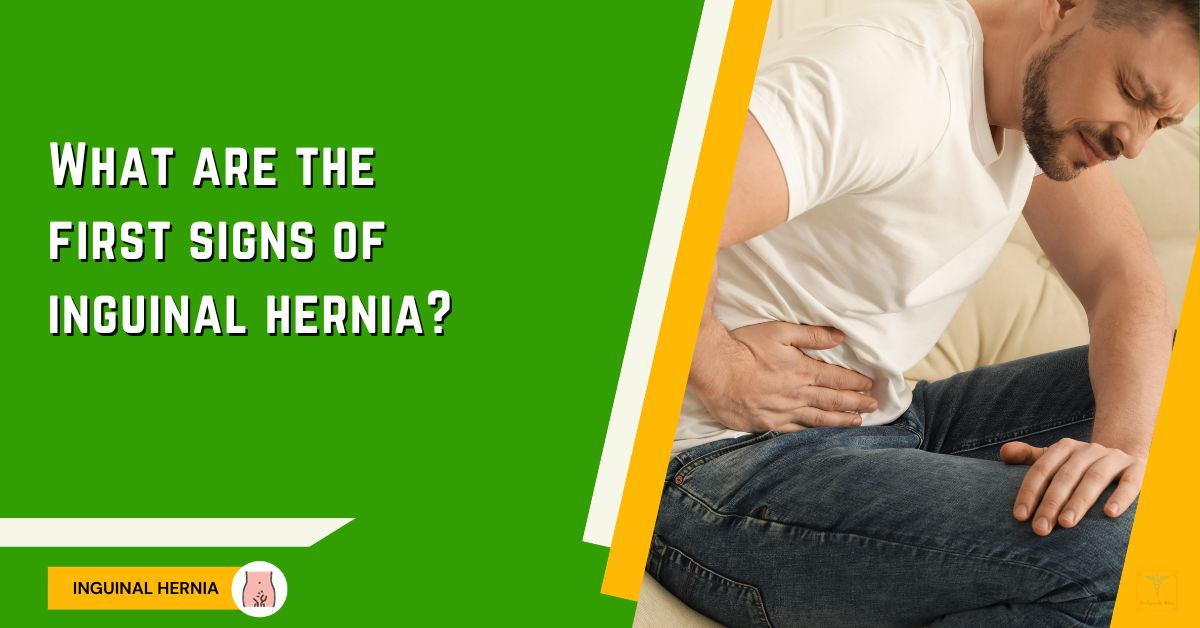NO. An Inguinal Hernia cannot heal by itself.
Patients sometimes wonder if their inguinal hernias may heal over time without surgery. Unfortunately, there is no evidence that inguinal hernias are able to heal themselves. The protruding tissue does not spontaneously withdraw back into the abdomen and the abdominal wall defect does not close up on its own. While small hernias may not always cause problems, having surgery is the only way to truly repair the weakened muscular wall and prevent complications.
Understanding Why Hernias Cannot Self-Heal
Inguinal hernias occur at a vulnerable point in the lower abdominal muscles where a natural passageway exists for blood vessels and, in men, the spermatic cord. When this passageway fails to close completely during fetal development or later in life, an opening is left through which abdominal contents can push through.
Once the tissue has protruded through the muscle defect, there is nothing to “pull” it back into place. The protruding tissue also remains connected inside the abdomen, so it cannot detach on its own. Furthermore, the abdominal muscles have limited ability to rebuild enough to close a hernia defect. For these reasons, inguinal hernias simply do not heal themselves.
Rare Exceptions
In extremely rare cases, very small hernia protrusions may spontaneously retract back into the abdomen when the person lies down. However, the underlying muscle weakness remains and the hernia usually reappears when standing upright again. At best, a hernia may only seem to disappear temporarily when resting.
Can a Hernia Resolve Without Treatment?
It’s a myth that inguinal hernias frequently resolve on their own over time without surgery. Patients may notice the bulge gets smaller when lying down, leading to the false hope that the hernia has gone away. In reality, the protruding tissue just retracted temporarily while resting. Hernias also do not shrink due to scar tissue forming.
While intense abdominal exercises may build muscle around a hernia, the defect itself remains open. No amount of core strengthening can recreate the complex anatomy needed to close up the passageway. For complete recovery, surgery remains necessary.
Rarely, a portion of the protruding intestine become twisted, cutting off its own blood supply and dying off. This necrotic tissue then essentially “self-amputates”. However, this catastrophic complication involves significant risk and does not fix the hernia defect.
Living With an Untreated Hernia
For some patients, living with a small, asymptomatic inguinal hernia may be temporarily acceptable. Using a truss device to keep the hernia pushed in can help manage symptoms. However, complications like strangulation and incarceration can still occur. Larger hernias tend to enlarge over time and cause more impairments.
Ultimately, the risks of serious complications and permanent damage increase the longer a hernia remains unrepaired. While exercise and lifestyle changes have benefits for overall health, surgery is the only way to truly repair the abdominal wall.
Summary of Key Points:
– No evidence exists that inguinal hernias can heal themselves over time
– The protruding tissue cannot spontaneously retract back into the abdomen
– The abdominal wall defect does not close up or rebuild itself without surgical repair
– In very rare cases, small protrusions may temporarily disappear when lying down
– Hernias do not shrink or resolve due to scar tissue formation
– Building core muscle does not close the anatomical defect
– Allowing compromised intestine to die off does not fix the hernia
– Using a truss provides symptom relief but does not equal recovery
– Surgery remains the only way to truly fix an inguinal hernia
While I understand the appeal of avoiding surgery, I recommend repair for most inguinal hernias to properly restore abdominal wall integrity and prevent future complications. Please let me know if you have any other questions! I’m here to help you make the most informed decision.
Dr. Rajarshi Mitra is a patient-centered, highly-rated Specialist Laparoscopic Surgeon & Proctologist in Abu Dhabi, offering Advanced Laparoscopic Surgery, Minimally Invasive Proctology & Lasers in Proctology. He is MBBS; MS (Surgery); FIAGES; FICS (USA); Dip. Lap (France); and Dip. Hernia (APHS) with 18 years of extensive experience in Laparoscopic Surgery, Minimally Invasive Proctology and Fellowship training in Colorectal and Bariatric Surgery.




















